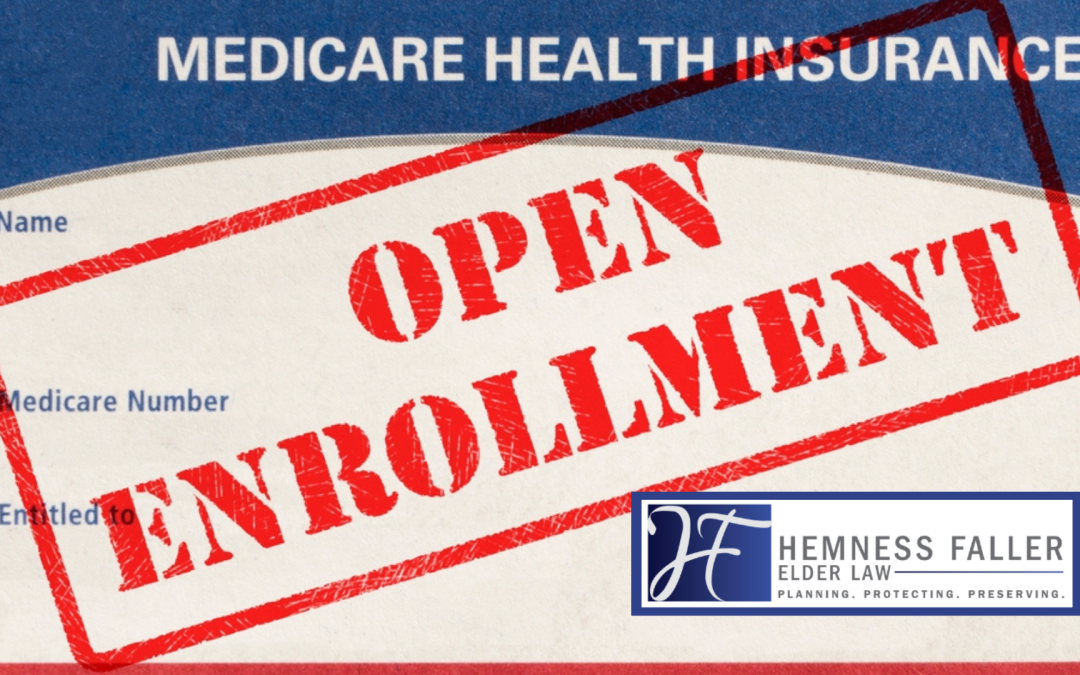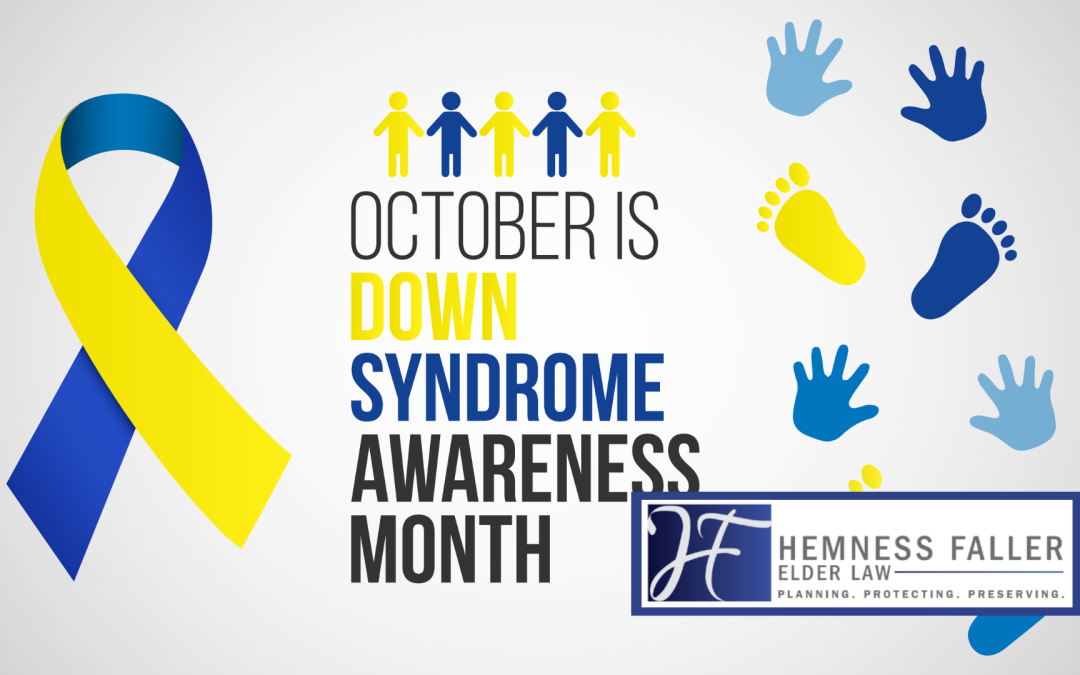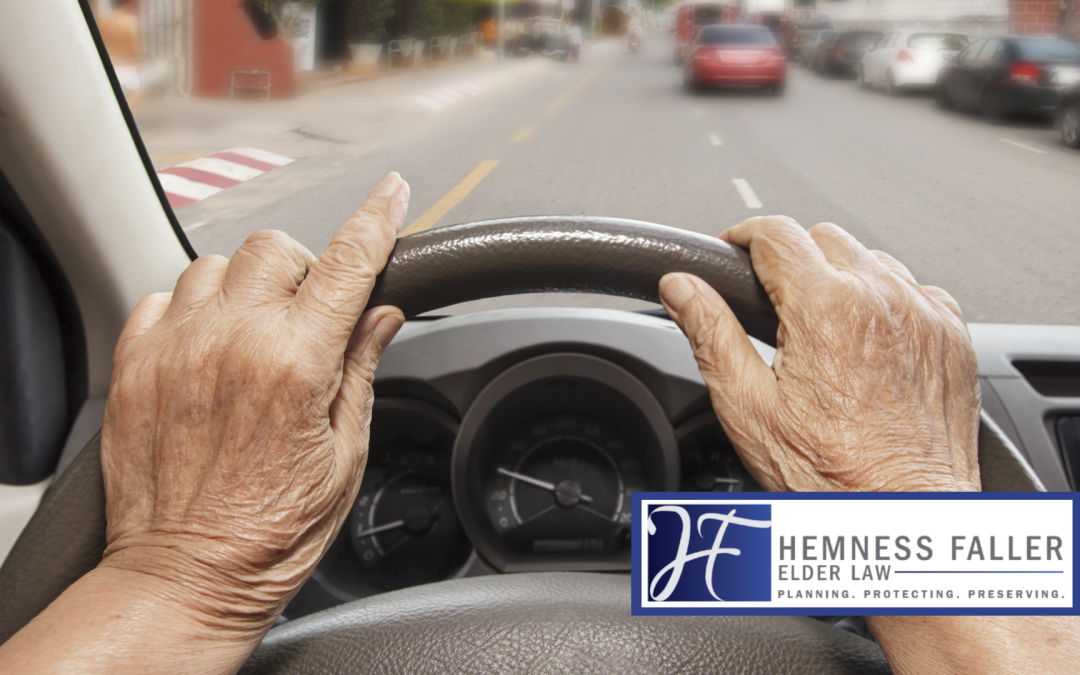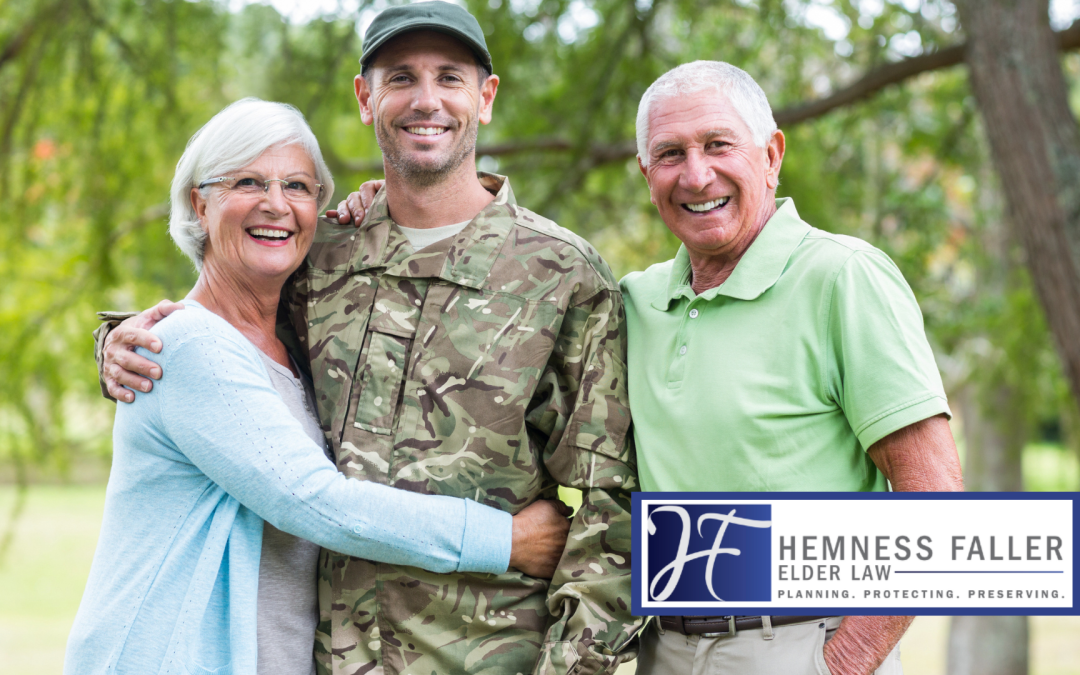Tampa Bay residents, are you caring for a family member? Is this person in an “at risk” category for Covid-19 (coronavirus)? We know there is so much information out there right now about the Covid-19 virus and want to make sure you have a trusted source you can turn to. We can no longer ignore the fact that the Covid-19 virus is spreading at an alarming rate around the world. Even with its unprecedented spread, however, there are still many precautions that we can take right here in Florida to protect you, as well as your loved ones.
By now we are all familiar with the most popular precaution which has been shared by the various health authorities around the world:
Make sure that you properly wash your hands!
What does it mean to “properly” wash your hands? This means meticulously cleaning your hands for at least twenty (20) seconds with soap and water, or an alcohol-based hand rub. You may find it interesting to learn that, according to the FDA, “the benefits of using antibacterial hand soap have not been proven.” Washing your hands remains one of the best preventative measures that you can implement to safeguard yourself and your elder loved ones. In addition, according to the World Health Organization (WHO) washing your hands helps to kill viruses that may be on your hands.
Let us share a few other suggestions from the WHO.
1. Maintain social distancing. Maintain at least 1 meter (3 feet) distance between yourself and anyone who is coughing or sneezing. This one is especially important because it is easy to breathe in the droplets of someone who is suffering from the COVID-19 virus. This is true for most viruses like the flu. This can be very hard to manage as a caregiver so take caution and consider wearing a mask during close interactions.
2. Avoid touching eyes, nose and mouth. Remember, especially for our younger loved ones, touching many surfaces can cause you to pick up viruses. WHO states that, “once contaminated, hands can transfer the virus to your eyes, nose or mouth. From there, the virus can enter your body and can make you sick.”
3. Practice respiratory hygiene. How do you practice respiratory hygiene? Cover your mouth and nose with your bent elbow or a tissue when you cough or sneeze. Dispose of the used tissue immediately.
4. Help “at risk” loved ones limit interactions with those who may be infected. First, understand who may be at risk using this article we want to share with you. Although social isolation can be hard, help these individuals try to make informed decisions about where they truly need to be. Routine check up? Maybe postpone it until the virus is under control as very ill people could be in the waiting room. Although these decisions are up to you and your family, think about how to best keep everyone’s health intact.
Another important precaution that can help everyone around you is to stay home if you feel unwell. Further, if you have a fever, cough and/or difficulty breathing, do not wait to seek medical attention. Be sure to call your healthcare provider in advance, if you can.
The last tip we will share is also extremely important as we continue to battle this deadly virus. Make sure that you stay informed and follow any advice given by your healthcare provider. Do not rely simply on the news or secondhand information. Staying up to date can arm you with the right information to make the best decisions for yourself and your loved ones.
If you would like to learn more about how you can protect yourself and your loved ones check out this WHO article that goes into detail about preventative measures that we can follow in the fight against COVID-19. Know that we are here for you, both now and in the future. Do not hesitate to contact our law practice to learn more about how to protect and advocate for yourself and those you love.






